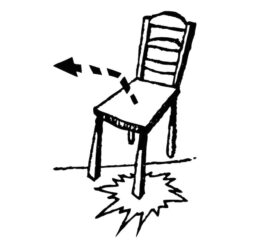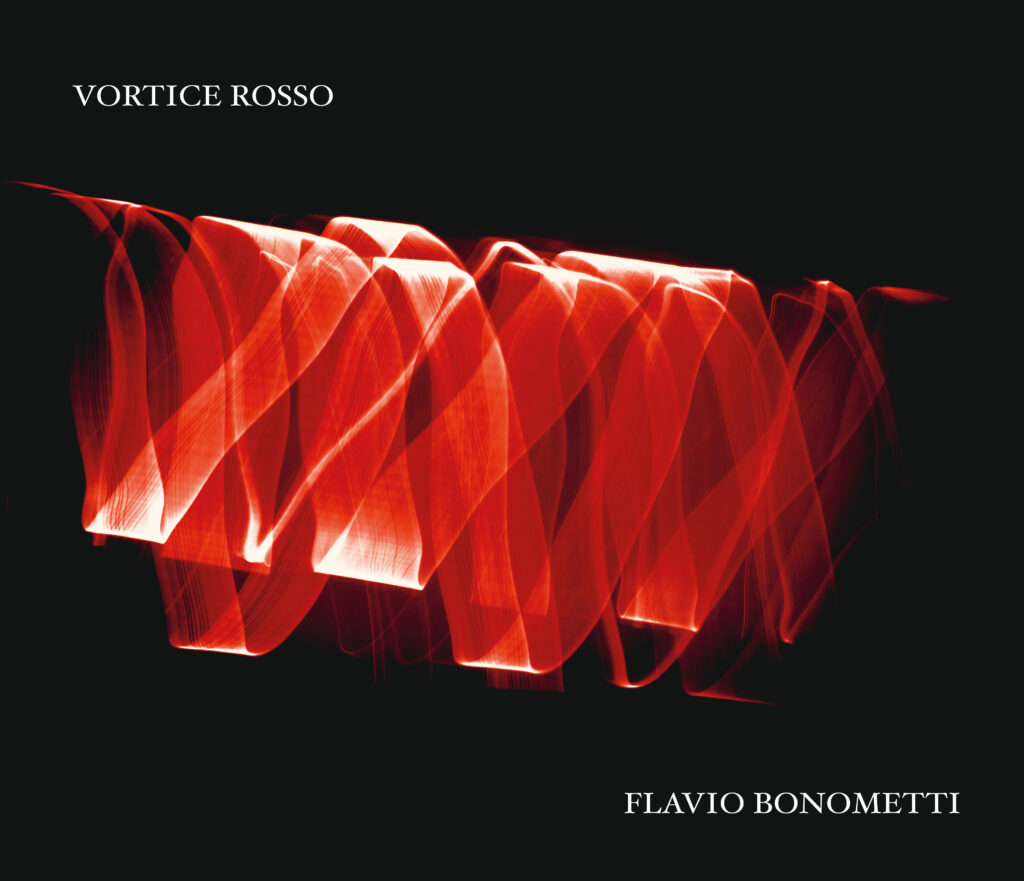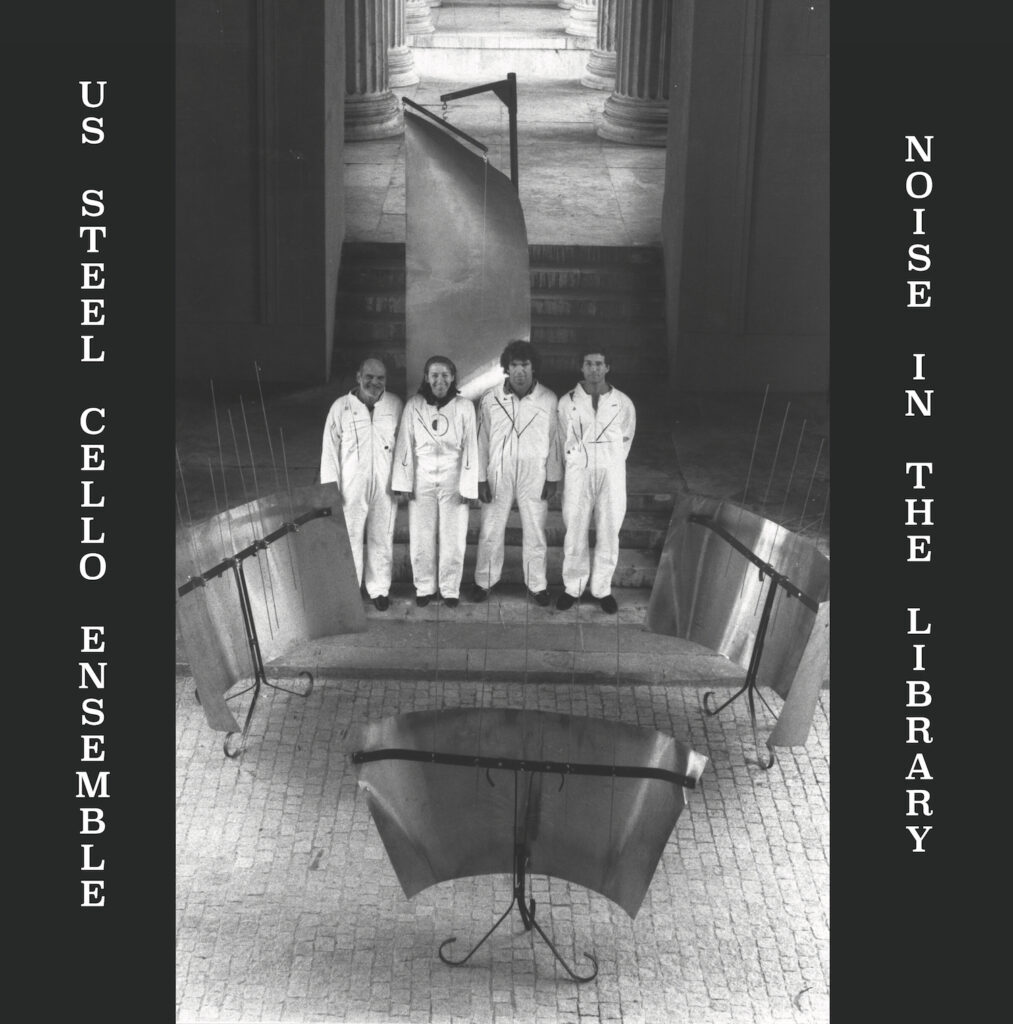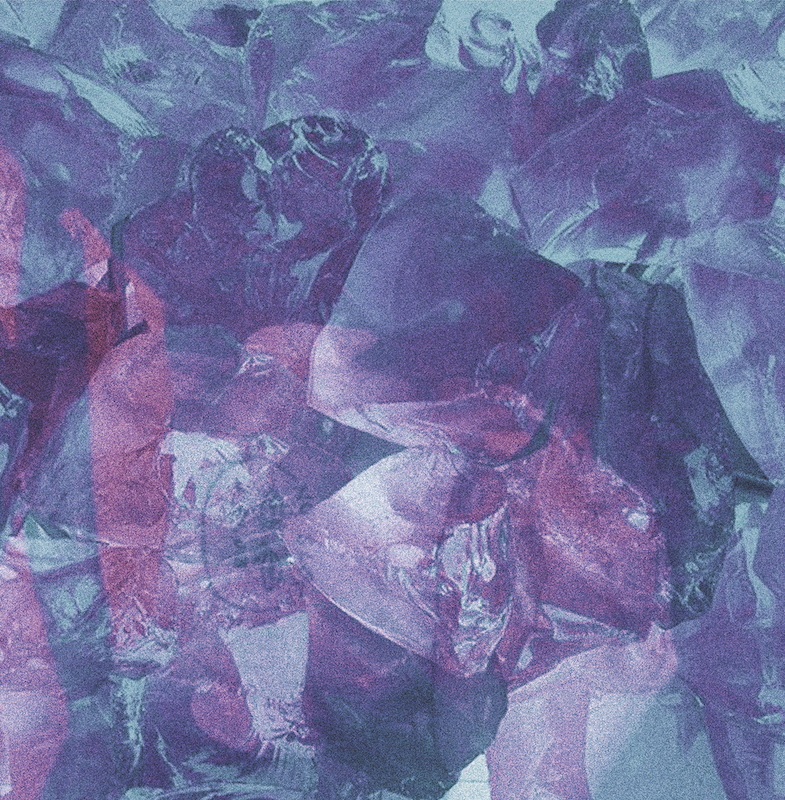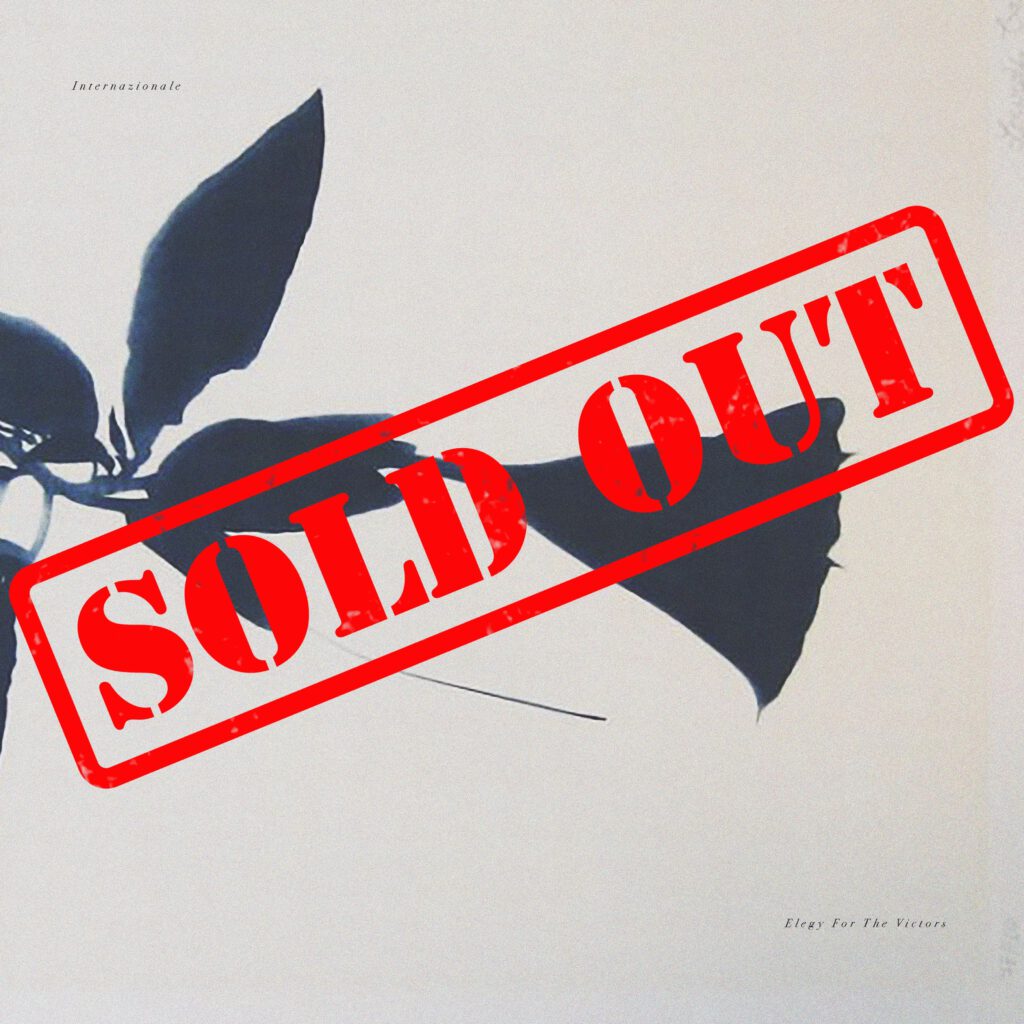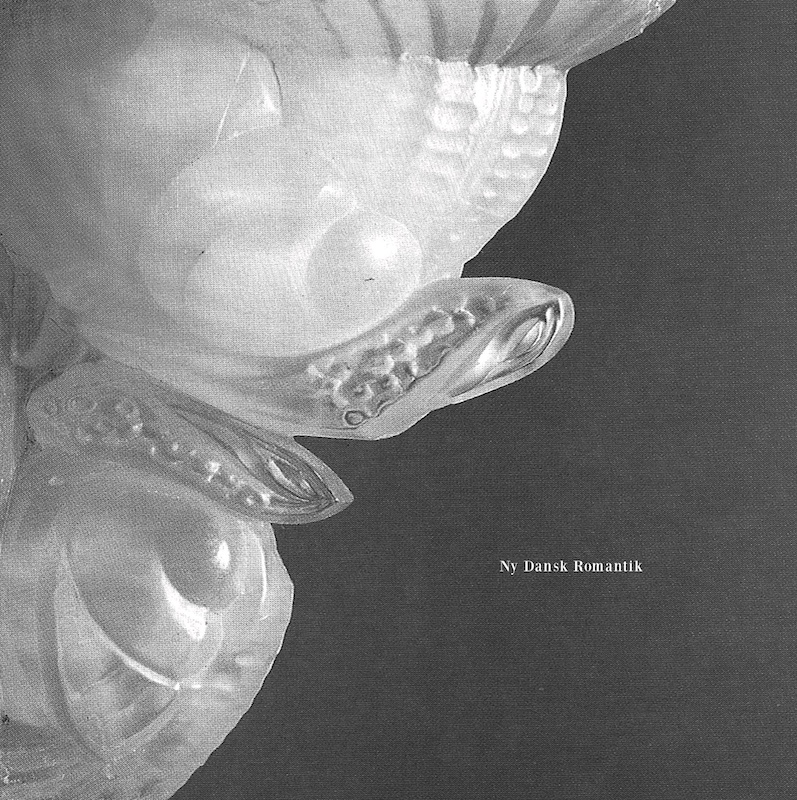OUR RELEASES
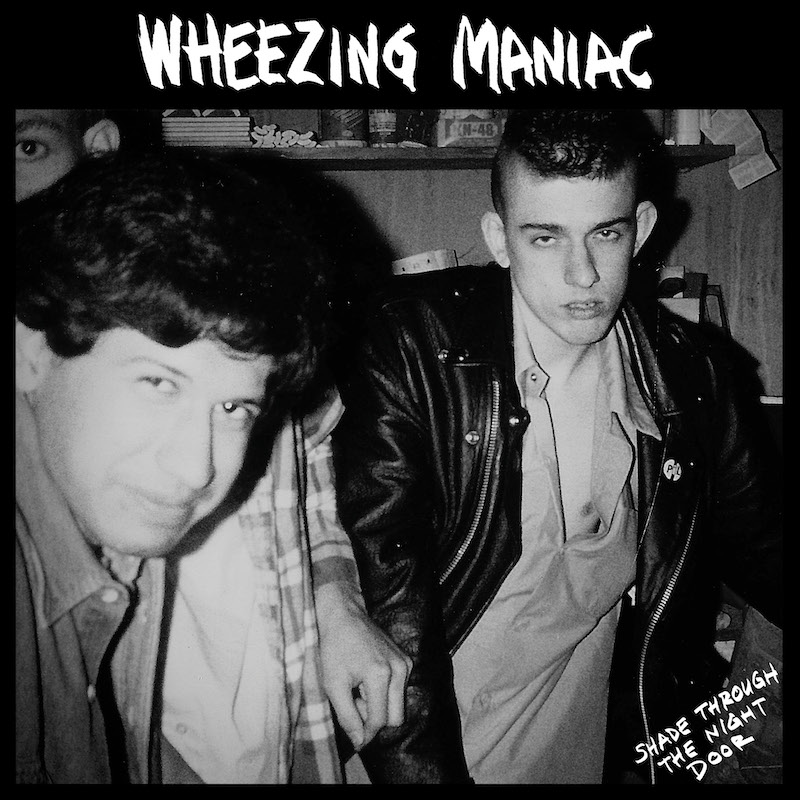
Wheezing Maniac – Shade Through the Night Door LP (PJ009)
Wheezing Maniac was a mysterious, short-lived band with enigmatic lyrics that was active in Southern California in the late eighties. They only released a few cassette demos which were promoted via MRR zine and a split 7” with Fully Unnecessary Noise on Dead Moon’s Oregon-based Tombstone Records.
Due to their off-kilter originality, high energy, and thanks to the help of Larry Harmon of Genetic Disorder zine, two of their tracks, namely “Dollar on a Platter” and “Don’t Come Close,” found their way onto the seminal classic skateboarding video H-Street’s Hokus Pokus.
Describing the video as a game changer would not be an overstatement, since it turned out to be one of the most influential skate films of all time. A generation of skaters raised on watching that film and since 1990 embraced the songs as part of their unique culture, though over the years the music has begun to be found by other music fans who value art created with a distinct and personal vision.
Shade Through the Night Door LP on Putojefe Records contains all 17 original songs the band ever recorded, enhanced by an impeccable remastering job which has given these tunes an invigorated new spirit.
LP features two-sided fold-out insert with lyrics, pictures and liner notes.
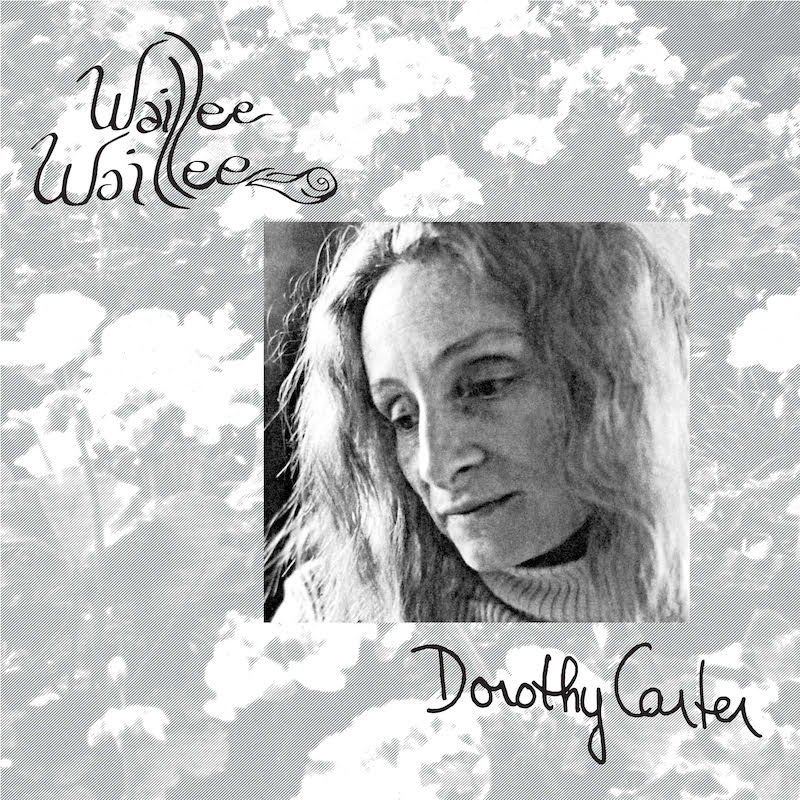
Dorothy Carter – Waillee Waillee LP/CD (PJ008)
The first ever reissue of the work of American composer Dorothy Carter, master of the hammered dulcimer, zither, and other instruments of the hammer chord zither/psalterium family. A true musical vagabond, Dorothy was born in New York in 1935, though her spiritual pursuit of an expansive musical knowledge would take her to monasteries in Mexico, conservatories in France and London, and the founding of the Central Maine Power Music Company (CMPMC), with new-age/minimalist luminaries such as Constance Demby and Robert Rutman.
Dorothy Carter was many things – a virtuoso player, storyteller, historian of Celtic and Appalachian folk music, avid lifelong busker, avant-garde musician, and itinerant troubadour, laying a framework for music that existed both within and outside of standard folk idioms – never better represented than on her 1978 masterwork, Waillee Waillee. Underscored by Bob Rutman’s cavernous bowing of the steel cello, the richness of Waillee Waillee’s sound produces an album unlike any other in her discography. In particular, its two side-ending pieces, “Summer Rhapsody” and “Tree of Life,’’ glide with the shimmering filigree of hammered dulcimer and Dorothy Carter’s ephemeral voice floating over Rutman’s droning buzz of the steel cello. The elements of these two tracks suggest something akin to a transcendental Appalachian raga or whirling cosmic folk music, an effortless combination that serves to add additional substance to the remaining tracks on the album.
The title track is one of her most enduring compositions, often performed in stripped down versions throughout her career, and one of her sole recordings featuring a full band, with the contrapuntal interplay of tremulous flute, vibrating steel cello, bass and drums. Lyrically and tonally, her voice would never sound as stirring and refi ned as on this, her most outwardly accessible song.
She counted musical colleagues as diverse as Constance Demby, Einstürzende Neubauten and Laraaji, as well as her lifelong artistic partner and friend Bob Rutman, whose imprint is felt throughout the grooves of this record. The master tapes for this recording were fortuitously discovered in Rutman’s Berlin studio, many, many years later. As recounted in Laraaji’s contribution to the liner notes, Dorothy was “someone who really influenced my early zither exploration and vocabulary and inspired my shift toward hammered zither performance and recording,” after encountering him busking on the sidewalk one day in the 1970s. Later, when living in Berlin in the early 1990s, Dorothy would begin work on manuscripts detailing the history of the dulcimer family and providing extensive sheet music, selected material of which is reproduced in the twelve page booklet included with this release. Dorothy would find later success touring and performing in the late 90s with the ensemble Mediæval Bæbes, which she led with British musician Katherine Blake, playing a prominent role on their first four albums.
Flavio Bonometti – Vortice Rosso CD (PJ007)
Putojefe Records is proud to present Vortice Rosso, the first album by Italian composer Flavio Bonometti: a tumultuous journey through the languages of the avant-garde masterfully synthesized in 12 pieces of contemporary classical.
After a brilliant career as a violist at La Scala Theatre in Milan and in many other orchestras, Flavio Bonometti gave up the stage to dedicate himself exclusively to his music. The tracks of Vortice Rosso, produced and recorded over the last 10 years, are born from the creative isolation in his home studio in the Northern Italian countryside.
A powerful sense of rhythm animates each track thanks to relentless dynamics punctuated by pauses that always keep the tension high giving the record an atmosphere of cinematic suspense. “Cerchio” is an invitation for a contemporary ballet dance; the rhythmic obsessions of the title track, “Vortice Rosso”, unfold with an irresistible primordial force; and “Sospendo il Giudizio” –with its ascending textures of organ, flute and harp– is a crescendo of intensity that opens beautifully to devotional music. The closing track of the record, the sweet “Arturello”, is a song for children dedicated to the composer’s son, Arturo.
Far from minimalism, Flavio Bonometti’s music is maximalist for its unpredictable structure and its theatricality: it unceasingly chases the listener, filling the auditory space with the most diverse elements, but without the stale mannerisms that often make contemporary classical so difficult to listen to.
Despite the obsessive repetitions of the modules, the atavistic percussions and the devotional openings of some passages, Vortice Rosso‘s compositions maintain a certain lightness: it’s not dark and hopeless music as is often the case with post-war avant-garde, but rather a sound journey through the melancholy of its composer who always manages to rise towards the light.
Total playing time: 75′ 44″.
US Steel Cello Ensemble – Noise In The Library LP (PJ006)
The Ensemble consists of one Steel Cello and three Bow Chimes, played by Rutman and a rotating cast of guest musicians: in this instance, Daniel Orlansky –one of Rutman’s closest collaborators and longest-lasting member of the band–, Stephanie Wolff and Alex Dorsch. The instruments, built and developed by Rutman, are impressive sound sculptures in themselves, made of large flexible sheets of metal and defined by the artist as “American Industrial folk instruments”.
The Bürgermeister von Mitte needs no introduction. He has literally traveled history, from Nazi Germany to the New York of the Seventies, landing again in Berlin in recent years. A tireless performer aged 88, he has toured the US and Europe extensively, playing both small galleries and underground venues as well as established cultural institutions as the MoMA, London’s ICE and the Berlin Atonal Festival.
Rutman is internationally recognised as the multifaceted avant-garde artist par excellence, as attested by his diverse collaboration with key figures of post-war culture: Dorothy Carter, Merce Cunningham, Laurie Anderson, Philip Lamantia, Wim Wenders, Asmus Tietchens and many others.
Captivating from the beginning to the end, primitive and futuristic in its form, Noise In The Library remains as the U.S. Steel Cello Ensemble’s sole recording featuring the exceptional overtone singer Stephanie Wolff, whose vocals are intertwined with Bob Rutman’s chant in Tibetan Buddhist style. Prior to this, Wolff had only appeared as a guest singer with the groundbreaking krautrock outfit Brainticket. Her deep and delicate tones go beyond spirituality and take listeners on a space travel to open skies.
Recorded live at Passionskirche in Berlin on May 31st, 1989, in the prime of the Ensemble’s career, this is one of the last few examples of great, powerful music made by humans without the indiscriminate use of electronics or binary codes.
A sometimes frightening and breathtakingly intense performance, as thoroughly mysterious as early American soil, as it first appeared to the eyes of visionary European minds.
Internazionale – Wreaths Of Life LP (PJ005)
With several releases on Copenhagen’s Posh Isolation and over a dozen others on Janushoved, Wreaths Of Life is a magnificent and essential release in Internazionale’s vast discography, a mature full-length album of infinite beauty. Its sound is created by a sublime combination of countless immersive textures which embody sonic landscapes of dreamlike ambient music.
Elegy For The Victors is gorgeously melancholic, whereas Wreaths Of Life is a spiritual journey towards a happier, more joyful existence: the sensation of spring after winter, sunshine after rain, harmony after conflict.
Give a listen to this criminally overlooked diamond of European ambient music and it’ll become the definitive soundtrack to your vision of Arcadian bliss.
Internazionale – Elegy For The Victors LP (PJ004)
A subtly appealing tape in a pink cover with an imposing artwork of highly erotic nuances: this cassette, originally promoted by Posh Isolation as “Candy-Coloured Sex-Shop Electronics”, is the absolute gem of Internazionale’s discography and is clearly destined to become a timeless modern classic.
Together with the track “The Charnel House”, included on the compilation Ny Dansk Romantik, the excellent craftsmanship of Elegy For The Victors quickly evoked the loyal admiration of listeners worldwide who were captivated by its charm. This earned the Danish artist a cult status and established him as an accomplished composer.
The ambient music with an industrial flair of his earlier releases becomes organic in Elegy For The Victors and acquires life: a life depicting gorgeously melodious passages which tell a story of happy sadness or sad happiness.
Such narrative is constructed by means of a lo-fi but majestic and emotionally charged sensitivity, gentle waves of haunting loops, cinematic samples and sweet maritime sounds which will hypnotise you.
This is the long-awaited remastered vinyl reissue with a new artwork which, beautifully and more appropriately, captures the melancholic essence of a masterpiece of rarefied elegance.
Various Artists – Ny Dansk Romantik LP (PJ003)
Indisputably, one of the most critically acclaimed compilations in 2014. Originally released on cassette by Janushoved on a much sought-after limited edition of 61 copies, now outstandingly remastered for vinyl by a professional in the field.
Experimental, ambient sounds, which range from industrial to synth-pop, provided by six up-and-coming Danish electronic music artists: OLYMPISK LØFT, ROSEN & SPYDDET, INTERNAZIONALE, LACE & COLLAR, GENOASEJLET and MERCURY RIBBON; the unparalleled quality of their compositions deserves an everlasting presence on vinyl to create a record you will hardly be able to remove from your turntable.
